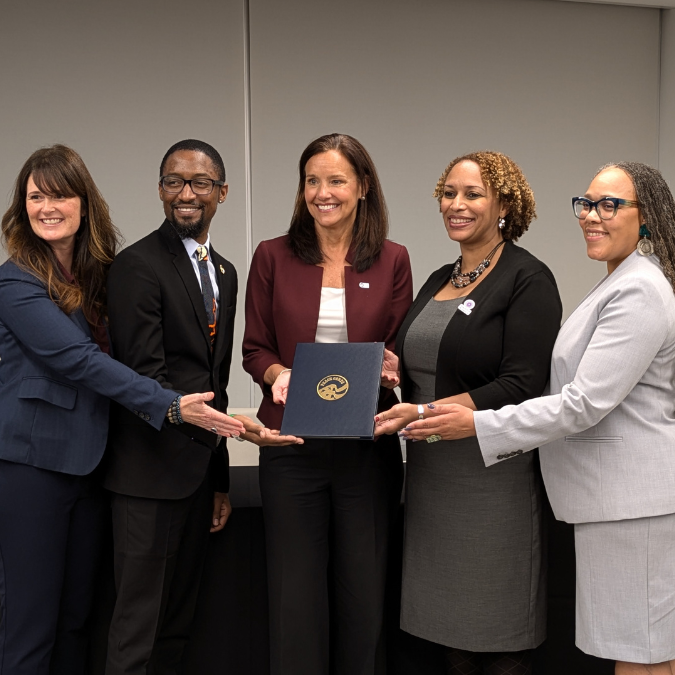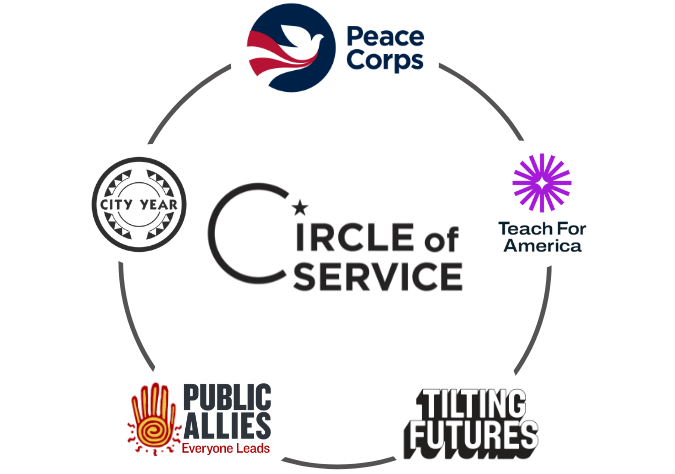When Gregory Kristoff graduated high school in 2010, he opted not to start college immediately. Instead, he spent the better part of a year studying Chinese in Beijing and then Dalian, China. Then he went to Peru — and then, after a full year of such gallivanting, he began his freshman year at Harvard.
It’s probably not a coincidence that his father, the New York Times columnist Nicholas Kristof, is a particularly vocal proponent of what are commonly called gap years, having written several columns encouraging the practice.
“I think that students need sabbaticals at least as much as professors,” Kristof told Newsweek. “I think if more universities encourage gap years, then probably fewer freshmen would spend their first month in college in an alcoholic haze.”
Except the barrier, in some cases, is cost. In an initiative intended to make that option accessible for students from low- and middle-income backgrounds, Tufts University has announced a new program offering to fund housing, travel, and other fees.
Announced in February, the option will be available to students entering in the fall of 2015 — and according to the Associated Press, it isn’t the first of its kind. Similar programs have already gone into effect at Princeton, The University of North Carolina, and St. Norbert College in Wisconsin.
The goal is to encourage needier students to take part in a tradition, long popular in Europe, that experts say makes for more motivated, mature, and worldly students as they adjust to life in college.
“It’s about providing an experience that up until now has been largely confined to students from more economically privileged backgrounds,” said Director of Public Relations Kim Thurler.
Thurler added that students participating in the “1+4” program will maintain close ties with the Boston area university throughout the year-long experience. While away, they’ll be encouraged to participate in volunteering and teaching organizations thousands of miles from home.
Abby Falik, the founder and CEO of Global Citizen Year, an organization that each year sends a class of fellows to spend a “bridge year” in developing countries, helped design the program with Tufts’ provost after the two met at an Aspen Institute event last summer. She emphasized that it’s part of a burgeoning trend.
“I think Tufts is playing a leadership role in recognizing that real-world experience sets students up to be better students,” Falik told Newsweek. “[But] it is absolutely the case that lower income kids have not had the luxury of these kinds of opportunities. Most programs that do exist are quite expensive and quite exclusive.”
Falik added that her organization consciously avoids the term “gap year.” “We’re trying to change the notion that it’s a gap between two life stages rather than a launching pad or a necessary first step.”
Kristof concurred with the value of the year, whatever the terminology, but disputed that there’s an economic barrier keeping less wealthy students from enjoying the option.
“It’s true that gap year programs tend to be very expensive, but people can always make their own program,” he said. “I don’t know how much of a real barrier it is.”




